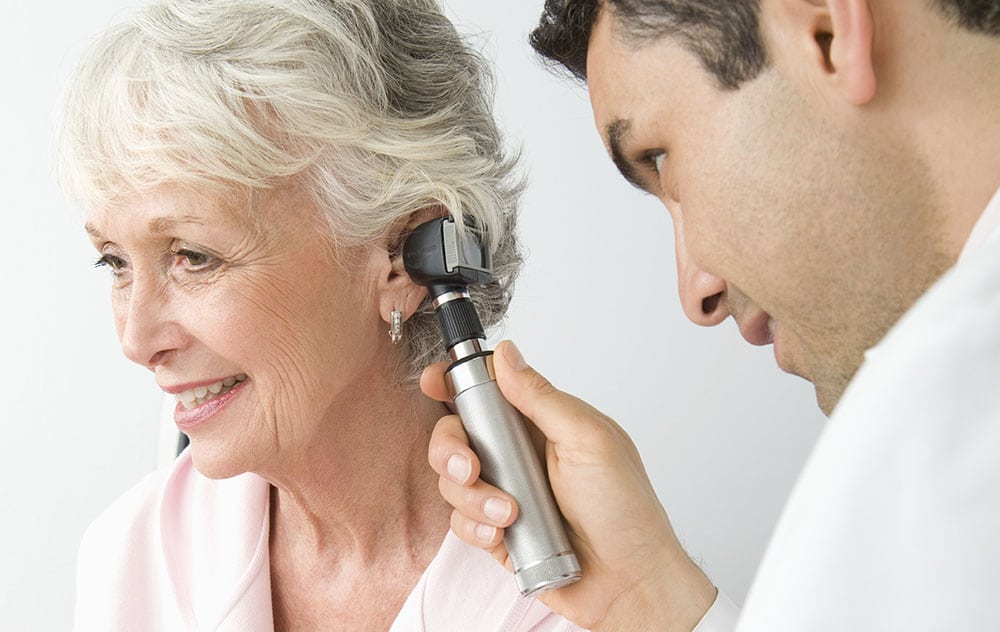
The thought of having your first hearing test may be unfamiliar to you, but is an integral step to help identify and treat hearing loss or any related auditory condition that you may be experiencing. Better still, you have absolutely nothing to fear.
In truth, it’s the sense of unknowingness that is causing you to worry. A little education goes a long way to removing those fears and helping you to prepare for the appointment ahead. Our experts have answered some of the most frequently asked questions below to clear up any uncertainties you may have.
How Long Does A Hearing Test Last?
While there are several contributing factors to consider, not least with regards to whether hearing loss is confirmed, there is no exact duration. Nonetheless, the average hearing test will last for approximately 60-90 minutes, which includes all aspects of the comprehensive exam.
Subsequent appointments may be required for hearing aid fittings and other treatments, but the hearing test itself will be completed in that single session. This includes finding out the results of those exams as well as discussing potential treatments and solutions.
What Do I Need To Bring With Me?
Both of our audiologists – Dr. Edward B. Kampsen and Dr. Amanda King – are committed to providing all patients with the most comprehensive hearing exams available. This means we will want to learn a little more about you before running any tests or inspections.
Bringing a copy of your medical history, along with details of any medication you’re currently taking can help. Meanwhile, you should inform the audiologist about any history of hearing loss in the family as well as personal circumstances that may put you at risk – such as working on a building site. Insurance documents will help too.
What Happens At The Start Of The Examination?
The first part of the hearing test involves a physical inspection of the outer ear and ear canal. The audiologist will complete the latter section with an otoscope, which allows them to see inside the canal for signs of wax, liquid or damage to the cells.
Physical inspections additionally allow the audiologist to look for abnormalities with the skin, bones and other parts of the ear. And if they are located, further analysis can be conducted to confirm or deny whether they have influenced your hearing profile.
What Tests Are Used During The Hearing Examination Itself?
The hearing examination will cover every aspect of your hearing in order to determine the type and severity of hearing loss. The following tests may be used to examine your individual profile.
- Pure-tone testing: Sounds of varying volumes and frequencies are played through headphones to determine the faintest tones that you can hear. Your job is simply to press a button when you hear a sound.
- Speech testing: The speech test is used to examine how you hear dialogue. This is conducted via headphones too, so that you can’t rely on subconscious lipreading. Your job is to repeat the words being said.
- Tympanometry: Used to analyze middle ear functions, vibrations are used to see how the middle ear responds. This can be used to detect fluid, negative pressure and otosclerosis among other issues.
- Auditory brainstem response (ABR): ABR exams are used to identify sensorineural hearing loss. Electrodes are attached to the earlobes and head to record brainwave activity. It is completely painless.
- Bone conduction testing: A small probe is placed behind the ear, sending tiny vibrations to the inner ear. The audiologist measures the response of the bone and the results are used in conjunction with the tone test.
What Else Will The Audiologist Test For?
While hearing loss is the most common condition by far, the audiologist will use the hearing tests to check for a host of other potential problems. Tinnitus is a very common problem that affects millions of Americans while wax build-ups, Meniere’s disease and infections are all possible culprits behind your lost hearing.
Whatever the condition might be, the audiologist can talk you through a range of potential treatments. From sound therapy to wax removal, those steps can make a world of difference to your daily life. Meanwhile, if the more common solution of hearing aids is deemed the best option, there will be a chance to discuss types, models and features as well as book fitting appointments.
Where Can I Book My Hearing Test?
Kampsen Hearing is proud to offer comprehensive hearing examinations that provide the care and expertise needed for a quick diagnosis and a winning solution. Book your appointment today at (813) 369-5692 today!